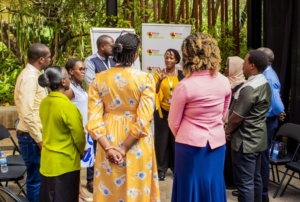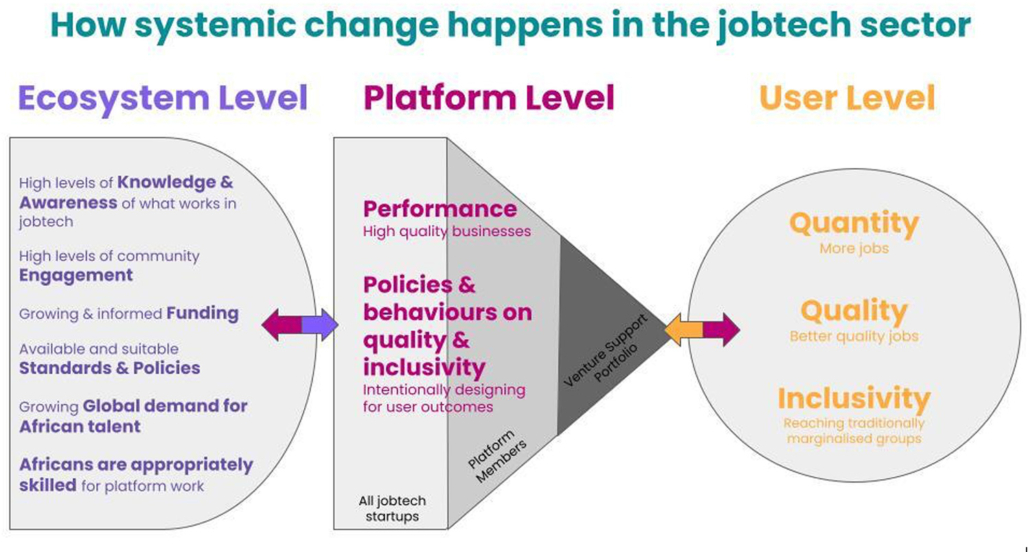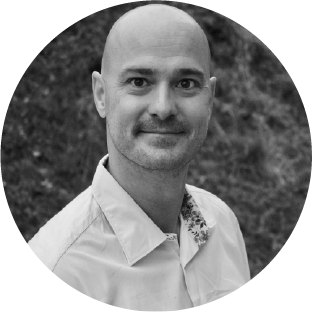A Movement to shift our Economic System: Reflections from the B Corp Festival
A Movement to shift our Economic System: Reflections from the B Corp Festival

Latest posts
Share:
Our Systems Change Specialist Scott Hinkle was at the B Corp Festival in Oxford and shares his insights on what businesses need to do to become a force for good.
I recently had the privilege to attend the B Corp Festival in Oxford. It was a powerful and energising experience that showcased the community’s collective drive toward systems change.
With its impeccable organisation and inspiring content, the event reflected the growing momentum for building a better business ecosystem. However, a key challenge remains – how do we truly incentivise all businesses to lead and embrace this change on a systemic level?
B Lab UK’s bold vision: Building a movement for lasting change
B Lab UK’s strategy focuses on building a real movement for change, where businesses unite to shift the way business is done, for the benefit of all people and planet.
It’s emphasizes shifting mindsets – moving from ambition and desire for change to taking collective action. The vision is that in 10 years, every business in the UK will be a force for good.
While we don’t yet know exactly what that will look like, the goal is to make “doing good” the norm for all businesses. A big part of this involves harnessing the power of people – connecting the 129,000 B Corp employees to drive change at a systems level.
They aim to expand business reach, create structural changes, and shift cultural narratives to make a real, lasting difference. It’s a bold plan, centred on creating long-term, systemic change.
My experience
Sharing my personal experience can hopefully help people connect with the festival’s impact, showing how the messages of systems change, collective action, and personal growth resonated with me and can inspire others to get involved.
- Professionalism at its best. This year’s B Corp Festival was one of the most well-executed events I’ve attended. The “blue jacket” volunteers brought energy and made everyone feel welcome. Overall, the event was meticulously organized, from branding and coordination to logistics, with inspiring speakers and an easily navigable venue, making it truly engaging and memorable.
- The topline messages were loud and clear throughout: Systems change, building a collective movement, and action being louder than words. There was a strong sense that the timing was right. Many participants were not only talking about systems change but were eager to learn how to apply it.
- The fringe-style events helped us experience the chaos of a systems change movement. The chaotic yet purposeful atmosphere highlighted the dynamic and often unpredictable nature of driving systemic change. By physically navigating different spaces, I experienced the complexities of navigating systems in the real world. This immersive experience deepened the understanding that systems change is not a linear process—it’s filled with twists, turns, and moments of discovery. These moments, full of uncertainty and excitement, are what fuel collective action and innovation. I felt what collective movement-building is like.
- Struck the balance between inspiration and information. I left feeling energised and ready to get more involved. The combination of practical takeaways and motivational content ensured that we left inspired and equipped with tangible steps to implement change.
- Stepping out of my comfort zone, finding joy in creativity: I had a lot of fun, which is so important. My favourite session, by far, was painting with Isabel. I hadn’t painted since I was a kid and honestly cringed at the idea of ‘doing art,’ but it brought me so much joy. Experiential sessions like this push people out of their comfort zones—crucial for this kind of work. The drawings now hang in my office as a reminder to try new things and not label myself.
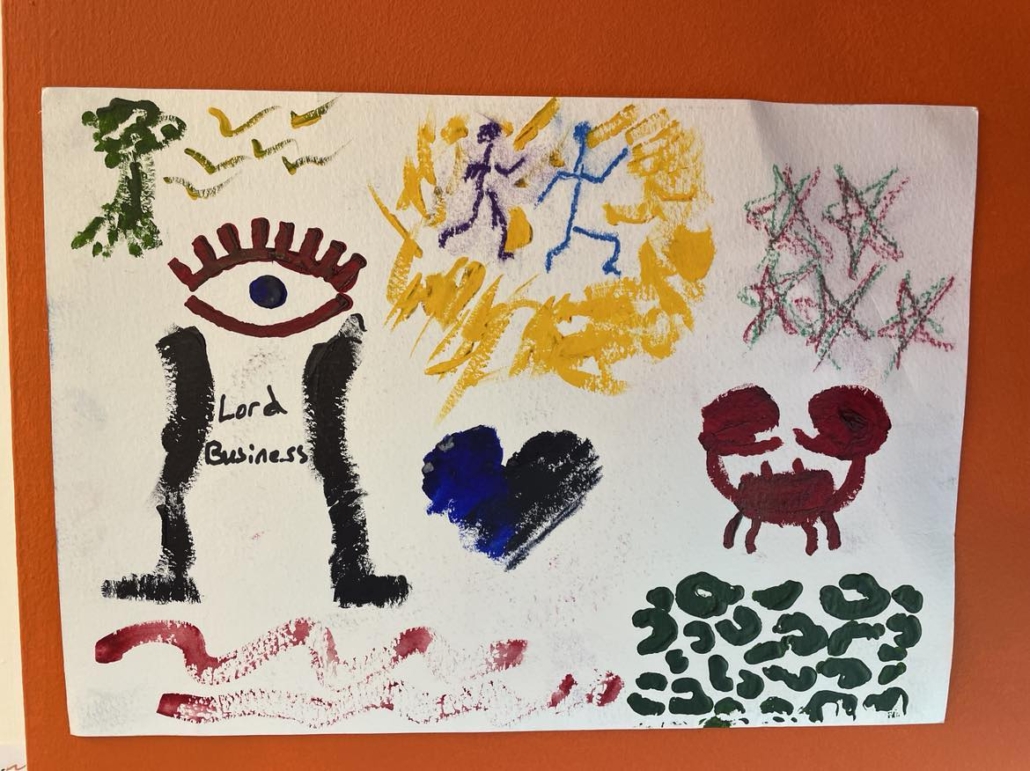
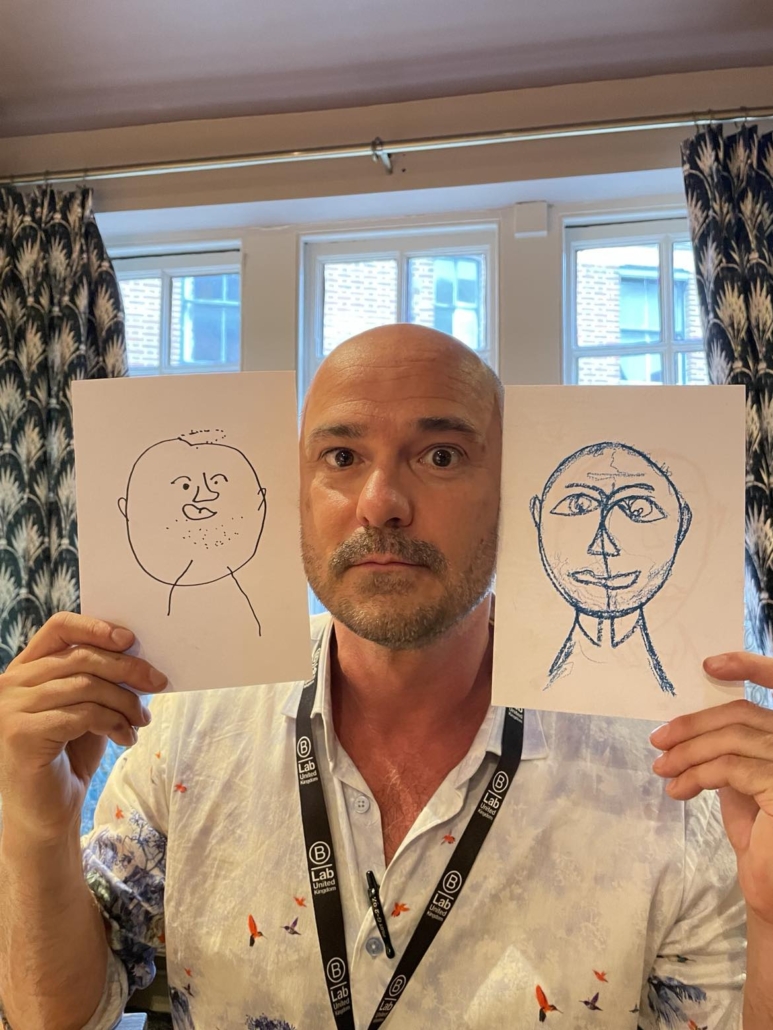
The critical challenge
One significant challenge, raised by a few during the festival, is the daunting task of incentivising all businesses – but especially corporaitons, to drive genuine systemic change.
As Anuradha Chugh said, many B Corps are still operating like “beach cleaners” – making positive impacts in their immediate areas but not yet catalysing the large-scale transformation needed.
Jo Alexander’s words also struck a chord. She shared her experience of trying – and failing – to create lasting change within BP, illustrating the deep resistance that exists within many corporations to embrace any type of real transformation.
To me, this question remains unanswered, but the next steps are clear, and they begin with making systemic change the norm, not the exception. Here are some ways we can move forward.
Call to action
The B Corp community has made remarkable progress in building a movement, but the next step is clear: we must address the challenge of incentivising all businesses—especially large corporations—to lead the way in driving systems change.
- Join the B-Corp movement. The first step is getting more businesses to become B Corps. It benefits both your business and the movement, enhancing your reputation, building trust with customers, and connecting you to a like-minded community. By joining, you help drive systemic change, setting a new standard for responsible business that balances people, planet, and profit.
- Support the Better Business Act. The Better Business Act seeks to amend Section 172 of the Companies Act to ensure businesses balance people, planet, and profit. It would make it a legal duty for directors to advance the interests of shareholders alongside those of society and the environment. This change will apply to all businesses by default, empowering directors and requiring them to report on their impact. Getting involved is crucial to help create a more sustainable and responsible business landscape.
- Learn Systemcraft. For B Corps interested in driving practical systems change, exploring Systemcraft can provide the tools and frameworks needed to make a tangible impact. Systemcraft is Wasafiri’s change framework for how we believe anyone can catalyse systemic change. It helps people unpack the messy and dynamic nature of the problem, provides clear guidance on where to start, how to identify windows of opportunity and ultimately helps people take collective, adaptive, and experimental action on the complex issues they are facing.
At Wasafiri, we are always looking for creative and ambitious partners to tackle one of the most pressing issues of our time: building a more socially impactful and sustainable business ecosystem. If you have ideas and opportunities and would like to start a conversation, reach out to us at scott@wasafirihub.com.



